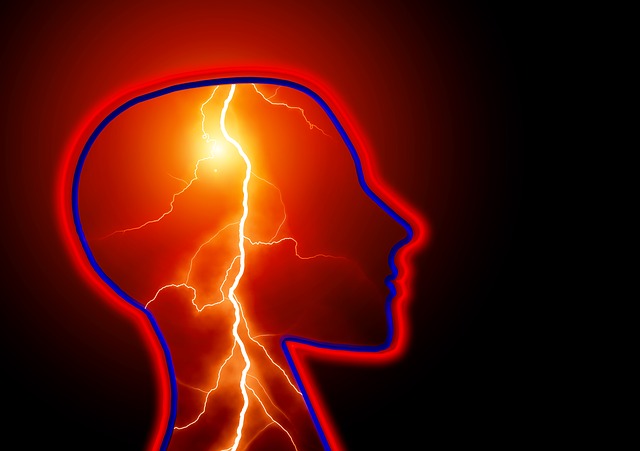
Hormones are chemicals that send different important messages to parts of the body. They control everything from our appetite to our sex drive. Hormones need to be kept at a certain balance to keep us healthy. It’s worth understanding these hormones so that you detect when you may have an imbalance. Below are 8 important hormones and their functions.
Melatonin
Melatonin is the sleep hormone. It is released by the pineal gland at night. A regular sleep cycle, combined with plenty of sunlight during the day and reduced levels of artificial light at night are known to help regulate the production of melatonin. Some people struggle to produce this hormone resulting in insomnia – melatonin supplements can be a solution to this.
Thyroid
Thyroid hormones control your metabolism – the rate at which you’re able to convert food into energy. It is produced by the thyroid gland. Low thyroid levels can lead to weight gain and decreased appetite, while high thyroid levels can lead to weight loss and increased appetite. While low levels of thyroid are easy to correct, both thyroid issues can be treated if diagnosed early.
Cortisol
Cortisol is the stress hormone. It is produced in the adrenal gland and can help us in challenging situations by making us more alert and energized. It also helps to regulate blood pressure, trigger the immune system and regulate inflammation, helping us to heal from injuries and overcome illness. Of course, while cortisol has its benefits, too much can cause many health problems – it can stop us producing other hormones like thyroid and melatonin, and it can cause a strain on the body. Because of this, it is important to take the time to reduce stress at the end of a difficult day. An inability to produce enough cortisol can be equally serious and is known as Addison’s disease.
Adrenaline
Adrenaline serves a similar purpose to cortisol and is also produced by the adrenal gland. However, it is faster acting and more potent, typically produced during fight-or-flight survival situations to provide a quick boost of energy. The likes of Addison’s disease can similarly impact our ability to produce adrenaline.
Insulin
Insulin helps to turn glucose into energy, ultimately helping to maintain healthy blood sugar levels. This hormone is produced within the pancreas. If your body does not produce enough insulin or produces too much it can result in unhealthy blood sugar level (i.e. diabetes). Eating healthy foods and leading an active lifestyle is key to preventing diabetes, although for some people it can be hereditary.
Testosterone
Testosterone is key to male sexual reproduction and libido. It also helps with muscle growth, bone mass and hair growth. There are many signs and symptoms of low testosterone worth looking out for. While men need more testosterone than women, it is worth noting that women can still experience a deficiency. Too much testosterone can also be an issue in both men and women, causing excess body hair growth, aggression, fatigue and infertility for both sexes.
Estrogen
Estrogen is key to female sexual reproduction including ovary health and regulating periods. Women have higher levels of estrogen than men, although it is natural to experience a drop in estrogen levels as you get older (i.e. menopause). Unhealthy levels of estrogen can cause complications in men and women from infertility to weight gain – fortunately there are many treatments available.
Serotonin
Serotonin is the hormone that wakes us up. It’s also commonly referred to as the feelgood hormone – it is released by our body when we are happy. A serotonin deficiency can lead to sleep issues and depression. Certain antidepressant medications can help.

We have you covered on range day needs as well as self and home defense
http://gunstoreandarmo.com/